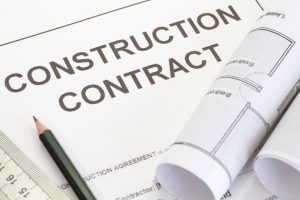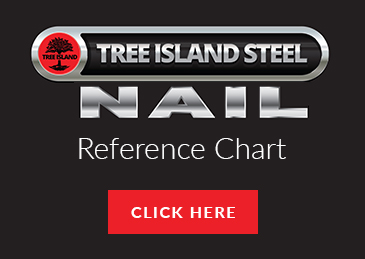4 Must-Have Aspects of Any Construction Contract

All of that said, we also know that while choosing the right construction supplies is important, it’s only relevant if you have started out with your clients on the right foot. While the specifics of any contract will vary based on your unique needs and the project you’re working on, there are four aspects that any construction contract should have.
Before you start, remember the goal
It can be easy to get so stuck in the legalese that you’re not thinking about the purpose of your contract. It’s not there just to make money for attorneys or give you a headache – it’s there to be referred to in the event that you and your client don’t agree on what’s been agreed on. A good contract will then be referred to and should be clear enough so that you’ll agree on how to proceed.
Contracts should be specific
A good contract doesn’t leave anything open to interpretation. That’s why we suggest that you list each specification by category. This lets the client know exactly what’s included in the deal. For example, you may have categories like allowances, warranties, options, and certain specifications.
- It should be clear about who’s in charge
- Signatures
- A schedule for payments
- Plan for any problems
In most cases, the owner of the construction company or a job superintendent will be in charge. It doesn’t matter who it is, but it does matter that someone is designated. Otherwise, a client could come back and say that they told so-and-so about changes they want to the job. If it’s not the person listed in charge, then their request shouldn’t stand.
This may seem simple but the truth is that you should never begin a construction contract without signed documents in place. Whether it’s just a few words written down that you both sign off on while a full contract is being drawn up or a 20-page document, you need signatures before you start. Always. At Grove Hardware, we’ve heard many stories of our customers skipping this step and getting burned.
The goal is to have no more than 10% due when the project is completed. You’ll work out the right time frame and percentages for payments.
The reality is that you’re going to have problems – that’s just the way it is. At Grove Hardware, we can help you stay ahead of the game with the best tools and supplies but there are some things that won’t be within your control. Make sure that your contract clearly lays out what will happen when specific problems arise.


































